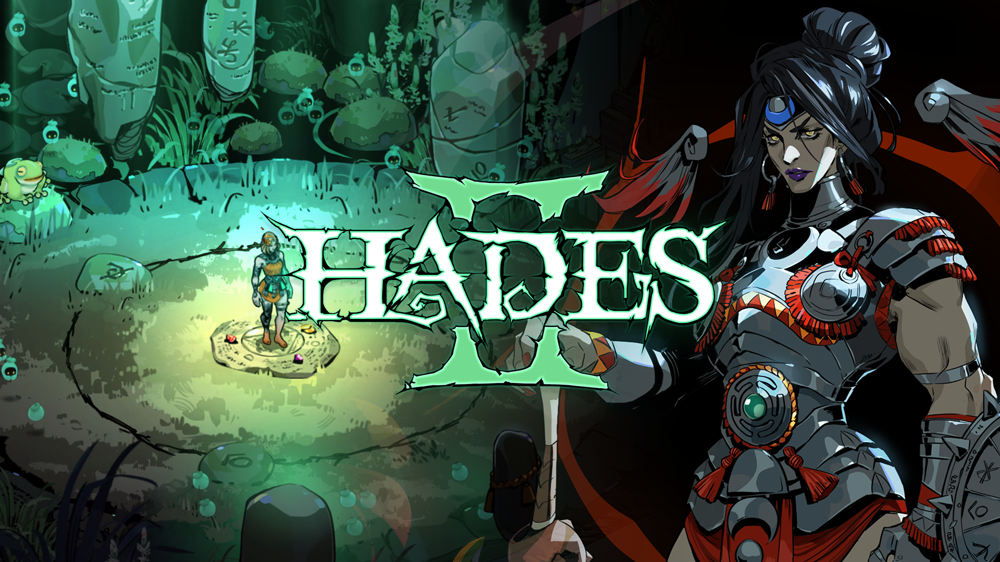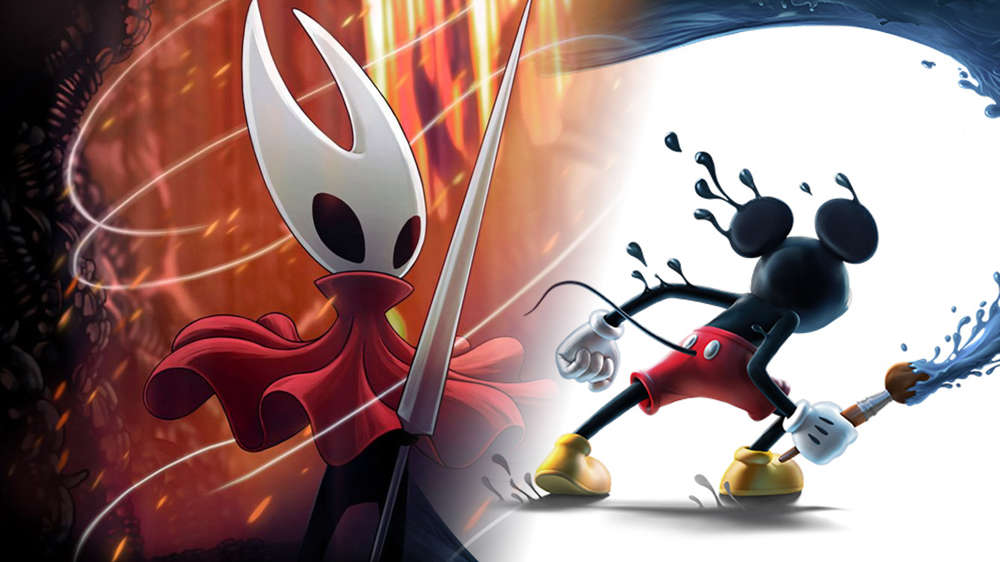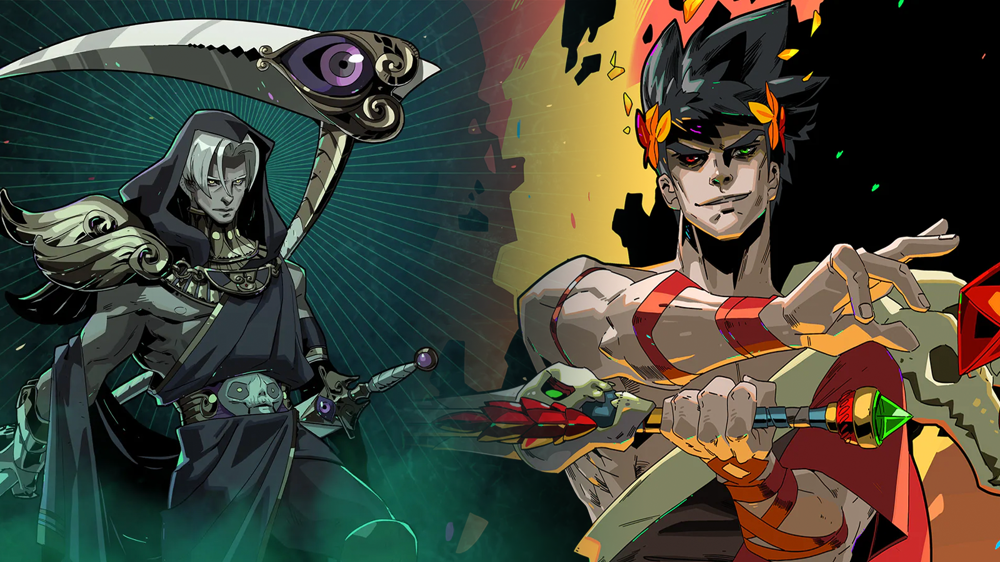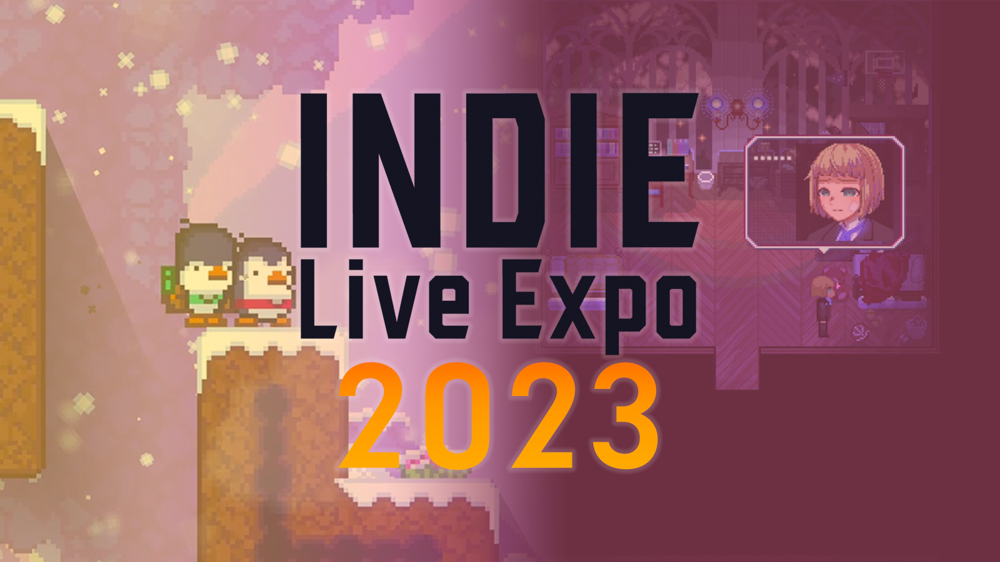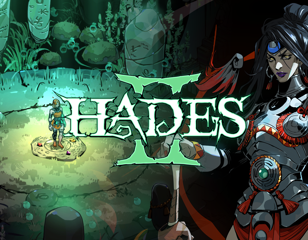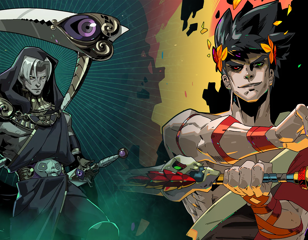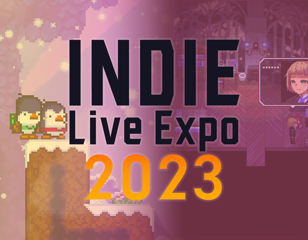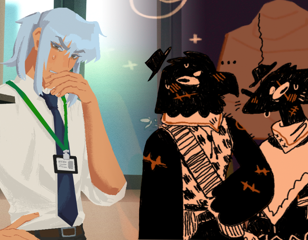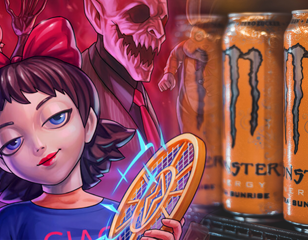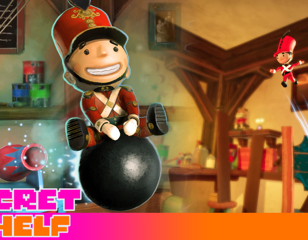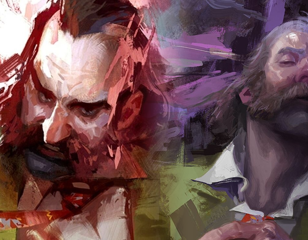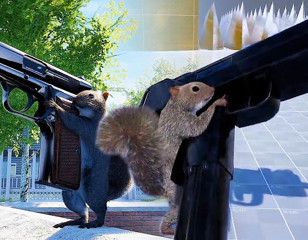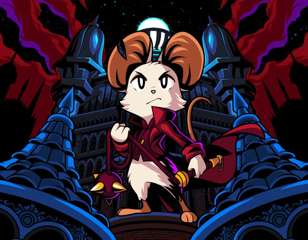Secret Shelf: COCOON, the bizarro puzzler from LIMBO's mastermind has some peculiar inspirations
Jeppe Carlsen and Jakob Schmid are the brains that have graduated from LIMBO and INSIDE to the year's finest Indie title, COCOON.

Joseph Kime
17th Oct 2023 10:16
Images via Geometric Interactive
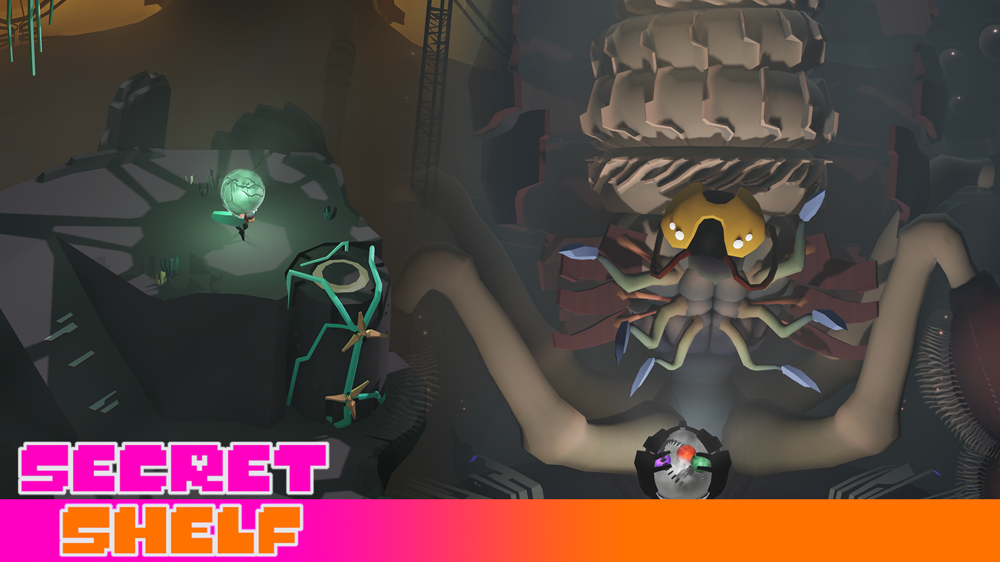
It doesn't take too far a stretch of the imagination to presume just how difficult it is to make a game from the ground up, but the pressure to make something brilliant has a habit of differing too much to predict from project to project.
Many of the creators that are developing the next barnstormers of the indie gaming world are mere solo devs tinkering away in bedrooms around the globe only developing out of pure love, without ever feeling the need to deliver on expectations from fans. Others, however, are pinned down.
Fan pressure is a brute when a game takes off on TikTok or a recognisable name from the development space steps up to the plate - but little could be done to prevent Geometric Interactive from experiencing the crush, thanks to the level designer for platforming game-changers LIMBO and INSIDE Jeppe Carlsen stepping up to the plate for his game direction debut.
His direction infancy is irrelevant here - Carlsen's name is enough to set the bar extraordinarily high for COCOON, the universe-hopping adventure-puzzler that the Geometric team has been working on for over six and a half years. Probability weighed against them, and fans had every right to worry that hopes were too high.
Thankfully, though, COCOON is the most accomplished Indie title of the year so far, and is by a wide margin the greatest project that Carlsen has been a part of yet. Lucky, perhaps, but one thing's for sure - the near-impossible has been made possible.
COCOON is a labour of love (and a lot of time)
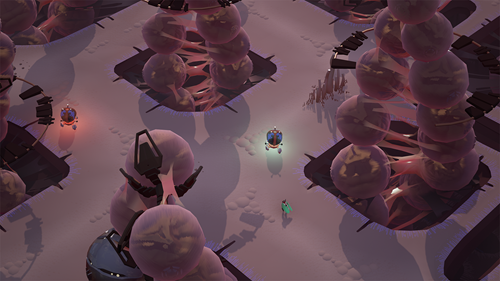
COCOON is simple in understanding, but punishingly complex in creation. You, our cicada-adjacent unnamed protagonist, are on an adventure across a series of universes that you carry on your back, granting you new abilities once they are liberated by their respective Guardians.
Not a lot to understand, but there's so much lingering in the way the game actually works that there's no shock that it took an entire six and a half years to make.
Jeppe Carlsen tells GGRecon: "I think maybe for me personally, it's been a bit different because of being in charge of a team has been something that I've not tried [something] like this before.
"Also with a fairly small team, most of the time I've also been wearing many hats on this project. It's a very 'indie game' project [in] that way, I would say, with how many hats some of us have been wearing in this project, which felt a bit new after leaving a slightly bigger company."
Playdead may be a "slightly bigger" team for sure, but the games that they have made have, for many, carved the company into the small-team-development Mount Rushmore.
Working as the key level designer for both INSIDE and LIMBO has clearly given Carlsen a knack for guiding a player along, which has been applied to COCOON with love. The game offers no guidance, skipping even the most basic tutorialisation of suggesting that you might need to press a button at some point, and drip-feeds the player hints via environments and colour - but most crucially, with its brilliant sound design.
Composer Jakob Schmid became the unsuspecting lead of sound on the game, and though he was inexperienced with sound design in itself, it was his bizarre point of inspiration for the music of COCOON that helped create an aural dexterity that aids the timid player along.
"I was watching all of the original Dragon Ball series at that time," Schmid tells us. "And I noticed that a lot of the sound design is just synthesizers. It's like so obviously synthesizers and it didn't sound realistic at all, but it sounded great.
"So I was like, huh, so maybe that's like an approach to sound design. So I made this rule for myself that I couldn't use any sound, no samples and just [make sure] everything is synthesized, and that gave everything a little kind of an alien, weird quality, but it was not so concrete."
With both Jeppe and Jakob taking on their first leadership roles as two sound interns took over to manage the intricacies of COCOON's aural palette, this was new ground for the pair - but they knew that it was going to take a lot more than a concept and a DVD box set of Dragon Ball to bring the game to life. It was going to take a grind.
The development of COCOON was lonely
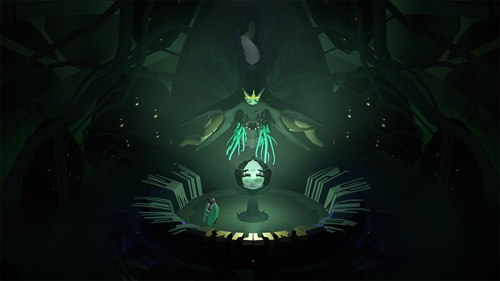
You'd think it easy to turn to the huge swathes of supporters of the new project that had come following the successes of Playdate's soaring highs, but as he adopted an entirely new approach to making new games, he found that to look to the people simply wasn't his style.
We asked Carlsen about his legions of fans waiting to hear more and the potential that they offer a developer - but did he use them? "No. Not really," he says. "We are very much a developing-in-isolation kind of a company. Of course, we play-tested, that's super important to make it feel right, but otherwise, we were very much in isolation for a very long time."
"A very long time" might be a bit of an undersell for a six-and-a-half year development time, but regardless, whatever they chose to do or subject themselves to, the result is impressive all the same. There's little that compares to COCOON even with the sheer wealth of puzzle Indie titles since they first started to appear.
The difference that sets many of these games apart, though, is their willingness to offer players assistance in figuring the puzzles out - and COCOON barely considers it.
We quizzed Carlsen and Schmid about the potential of pulling back and trying to offer less help to the player in development, and Jakob's laugh gave us all the answers that we needed. "Usually we have the opposite problem!" he laughs. "It's too complicated to explain it."
It doesn't stop Jeppe from trying, though: "Normally, when you design a game like this, you start out by making it way, way too hard. Then you have your friends and different testers are invited to test it. [...] I think both me and Jakob probably had a rather different game in our minds, like the first prototype was like an hour long and it was extremely intense. So many different worlds, jumping between them all the time."
He goes on to explain that the first draft of the game was almost nightmarishly tough in its first iteration, but playing through the final game, the complexity of COCOON has clearly shifted from a purely difficult grind into something that players truly connect with.
"It has this mysterious quality where the game keeps developing so some playtesters would take off their headphones and go, 'I almost can't recognise the game I'm playing now in the final hour versus the first hour.'"
It's hard to blame them, as COCOON's final act proves that it's not just Jeppe and Jakob who have changed over the course of the game. You have, too.
COCOON is the start of something breathtaking
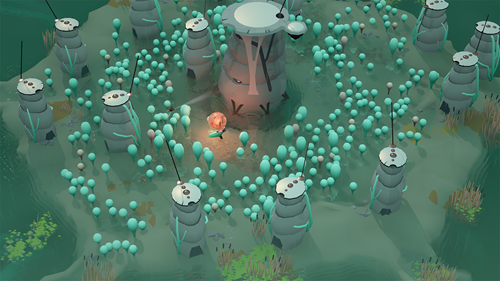
Though the game is standalone (by intent, seemingly), if the model that Jeppe and Jakob have built for themselves is sustainable, we could be lucky enough to see more from them as Geometric - and already, the team is better for it.
"For my part, it was very experimental in the way I approach sound and music, and I've learned so much about these things, these years," says Jakob. "I feel like a new person when it comes to sound and music and that's something I will keep trying to evolve."
"Obviously me and Jakob would love to keep being able to make games," says Jeppe, reflecting on his newfound position as game director. "That's what we dream to do."
Whatever is to come from the duo, we know now to expect the unexpected, just as we should have with COCOON. The game itself is a true triumph, and in many ways, it reflects the success that so many indie developers dream to achieve, meeting the likes of Stardew Valley and Super Meat Boy in a Hall of Fame of bonafide impact.
COCOON deserves every ounce of respect it gets, and much like the Cicada itself, Geometric Interactive has moved beyond its nymphhood. The future is bright for this little bug.

About The Author
Joseph Kime
Joseph Kime is the Senior Trending News Journalist for GGRecon from Devon, UK. Before graduating from MarJon University with a degree in Journalism, he started writing music reviews for his own website before writing for the likes of FANDOM, Zavvi and The Digital Fix. He is host of the Big Screen Book Club podcast, and author of Building A Universe, a book that chronicles the history of superhero movies. His favourite games include DOOM (2016), Celeste and Pokemon Emerald.
